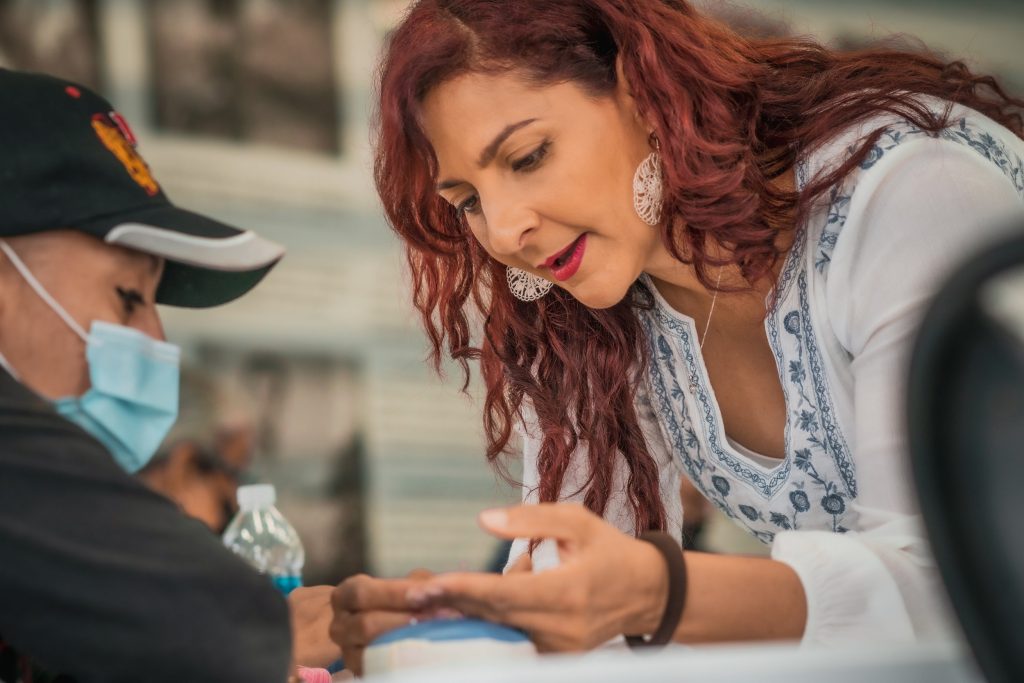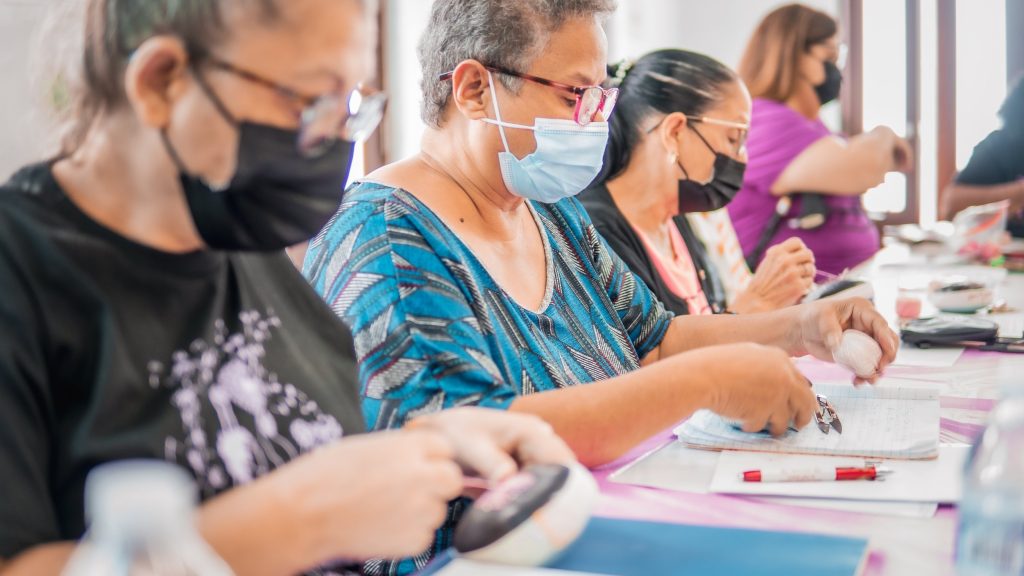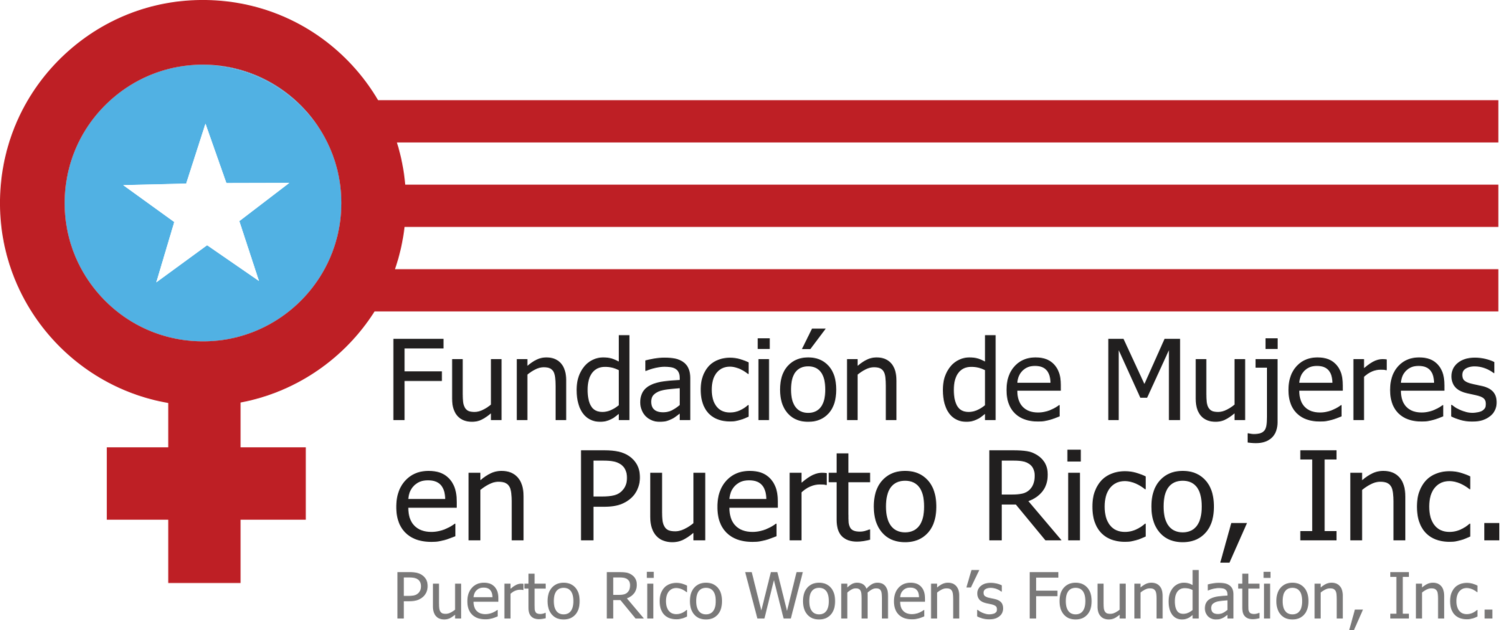Road to Social Justice: Opportunities as an Engine for Change in Communities and Community Organizations

Fighting gender violence involves empathy and solidarity when offering resources and services to survivors and their families. The impetus to defend and ensure human rights is the engine that drives organizations dedicated to this work, even with the limited tools they may have.
The comprehensive vision and intervention, which includes a set of actions to guarantee the protection of survivors, their recovery, and the restitution of their rights, marks the difference between punishment and re-victimization to empowerment, which means a second chance at life.
“I have always said that sometimes the State punishes women”, said Janice Soliván-Roig, executive director of Casa Juana Colón, a community project that offers services with a gender perspective, referring to the different intersectionalities that perpetuate cycles of violence.
Soliván-Roig acknowledged that the problems women face are not only gender violence, but also mental health problems, access to safe and decent housing, food security, access to jobs, health services, among other essential services.
This, as a whole, are intersectionalities that mark women within a context of social inequality in the rural area, and are ignored, added Janice.
Casa Juana Colón is a community-based organization that provides services to women survivors of gender violence and their families in Comerío and nearby municipalities, part of the rural area of Puerto Rico.

They work from social justice and with principles of restorative justice to promote emotional well-being and healing through art, as well as the social and economic empowerment of survivors. The assertive participation of women is encouraged to meet their needs, and achieve a lasting positive effect on their lives.
Training participants with the tools that allow them to seize and manage themselves during all these processes is essential to break with the different cycles of violence.
However, to provide these services, an efficient organizational structure is required to meet the growing demand for services.
Transforming Lives one Step at a Time
An excellent artisan, this is how Janice remembers one of the participants who came to Casa Juana Colón.
At first, she offered her voluntary handicraft services to fellow survivors of gender violence, but over time, the Casa Juana Colón team realized that she herself was looking to escape an abusive relationship.
The aggressor was part of the civil defense, a division in charge of attending to situations in which there are lives in danger, so he knew the legal processes and had connections with the different municipal and state government institutions. This allowed him to exert threats and intimidation on her that made it impossible for her to seek help.
In an arduous process of planning and cautious actions, they managed to channel lodging services together with the emergency shelter Hogar Ruth to continue with the process of support and guidance of the participant.
“That lets us know that we had to work to be able to satisfy all these needs. We realized that, although we were training leaders to manage the issue of gender violence, many of them also came with the problem”, explained Janice after understanding that the volunteer work they had to promote services was no longer sufficient, and that they had to expand their services and hire staff.
Soliván-Roig understood that they were not able to cope with the growing demand for services to abused women who came to the center from some parts of the rural area of the archipelago, such as the towns of Barranquitas, Orocovis, Aibonito, Cayey, among others.
In 2019, she received a call from the Women’s Foundation in Puerto Rico (FMnPR). In this, she was asked what her needs were so that Casa Juana Colón could manage its own resources in a sustainable way.
“At that moment I say: ‘Well, I need administrative support’”, Janice acknowledged, in order to allocate funds at the beginning of solidifying Casa Juana Colón with recurring resources.
She explained that, despite having been founded in 2004, they had never managed to work with federal and state procedures, such as the federal tax exemption 501(c)(3), a document required to apply for grants and other administrative processes, without the need to have a fiscal sponsor. In addition, they identified the need for recurring unrestricted funds to be able to manage resources responding to the needs of their population.
“We had to be looking for funds all the time and that is exhausting; it also took away our energy to focus on the care of the participants”, she added.
The FMnPR, recognizing this need, made an investment of flexible funds, which are grants without restrictions to be used, either in operational or programmatic matters, and allowed them to hire a person in charge of project management, and another office worker to handle the administrative work.
This started Casa Juana Colón to achieve the entire documentation process leading to obtain its necessary exemptions, state and federal, for the application of proposals, and thus receive its own grants. Today, thanks to that step, and multi-year funding from the FMnPR, they carried out a strategic plan that evaluated their past practices and set new goals to achieve their sustainability in the future.
Casa Juana Colón has been growing. They now have a team of 14 people, and with five community projects underway that work with principles of restorative justice, educational and legal justice access programs, food security, among others subsidized by various funds.
A few months ago, Janice was part-time, during the afternoons and evenings and on weekends, as executive director of the House. Today, she is full-time thanks to a recurring grant from the FMnPR.
“Being here all the time allows me to be more proactive in looking at the needs and finding the necessary resources”, said Soliván-Roig after dispensing with her job as a high school teacher.
“The Foundation has given us direction for us to understand that we have the capacity to go further. We think that the accompaniment has been extremely important”, Janice emphasized when recognizing the solidarity of the FMnPR and other collectives that have accompanied them.
As a next step contemplated is to develop the strategic plan: Soliván-Roig hopes to implement an economic project so that Casa Juana Colón is self-sustaining with a stable and own source of income.
Thus arose the idea of the tourist project La Ruta de Juana Colón, who was a labor leader of the twentieth century who advocated for the rights of the working class. Here, they hope to develop a tourist-educational tour about Juana Colón and Comerío.
The project would begin in January 2024. The income obtained will be used to cover the operational expenses of the community organization.
Faced with a context of multiple violence and structural inequalities, between 60% and 64% of the people living in Comerío have incomes that are below the poverty level, according to data from 2020 from the Community Survey of the United States Census Bureau.
For Janice, these statistics are evidenced in the daily deployment of services that Casa Juana gives related to the distribution of food, educational programs, psychological and legal accompaniment, and intervention in cases of gender violence.
“Sometimes we think about how to transform lives; you don’t have to do so much, just look around you and you will find spaces or things you can do that give an opportunity to live”, Janice reflected.
From Casa Juana Colón, they are sure that the support in operational and flexible funds, the accompaniment, the commitment of the citizens and private entities and the relationship of the organization with its participants are central to achieve changes. You can always contribute something to the transformation of people and their communities.
“It is a great satisfaction to know that, with how much or little you can give, you change lives; you change lives and give an opportunity. I believe that human beings deserve to be given opportunities”, she concluded.
FOLLOW US
NEWSLETTER
La Fundación de Mujeres en Puerto Rico se rige bajo el código 1101.01 del Departamento de Hacienda del Estado Libre Asociado de Puerto Rico y bajo el código de Rentas Internas Federal 501(c)(3). Nuestro número de identificación es 66-0931262. Toda donación es deducible de sus impuestos.
© 2025 Copyright Fundación de Mujeres en Puerto Rico, Inc.
Powered by WestCode, LLC




